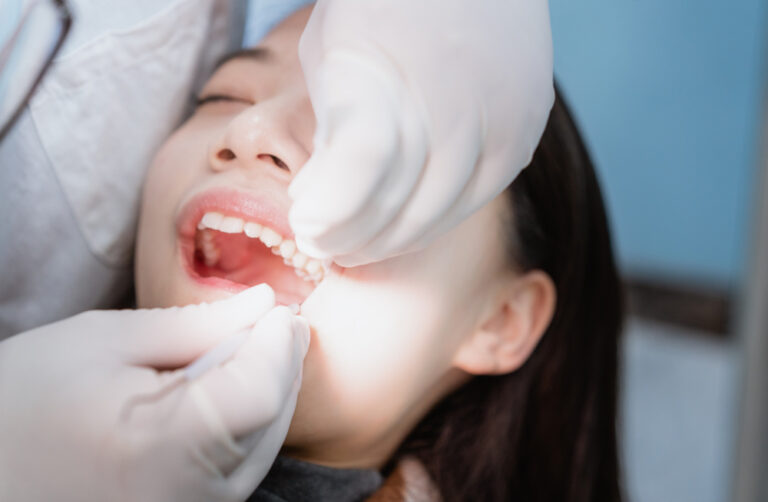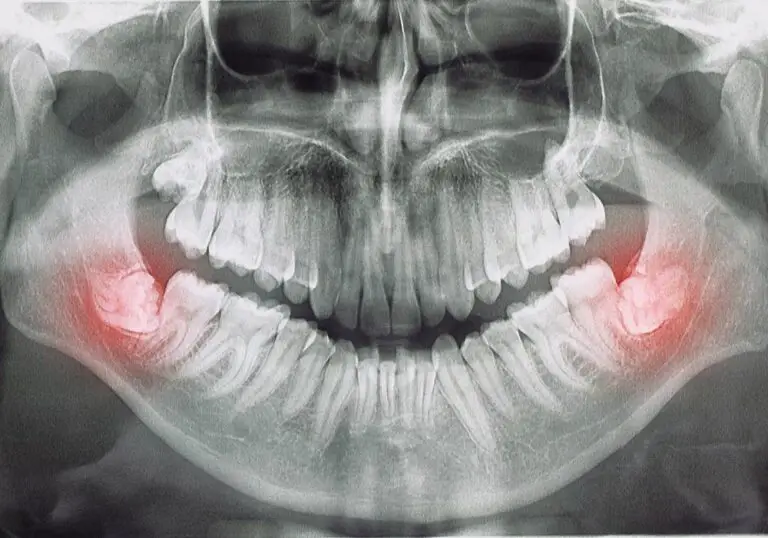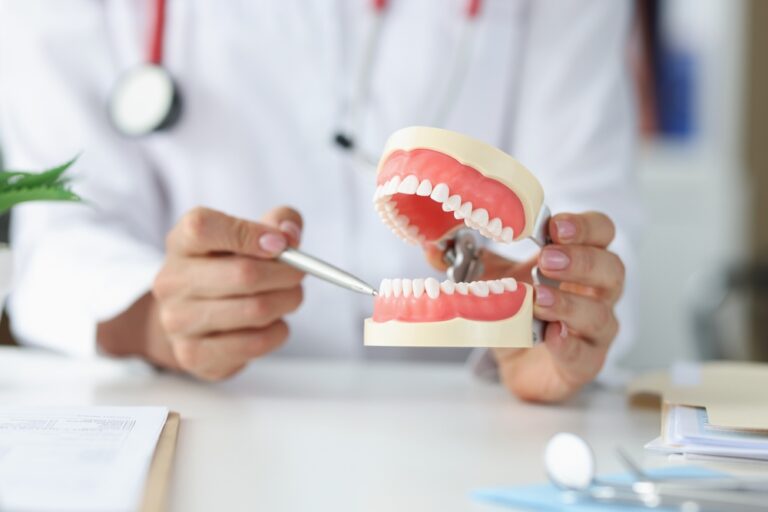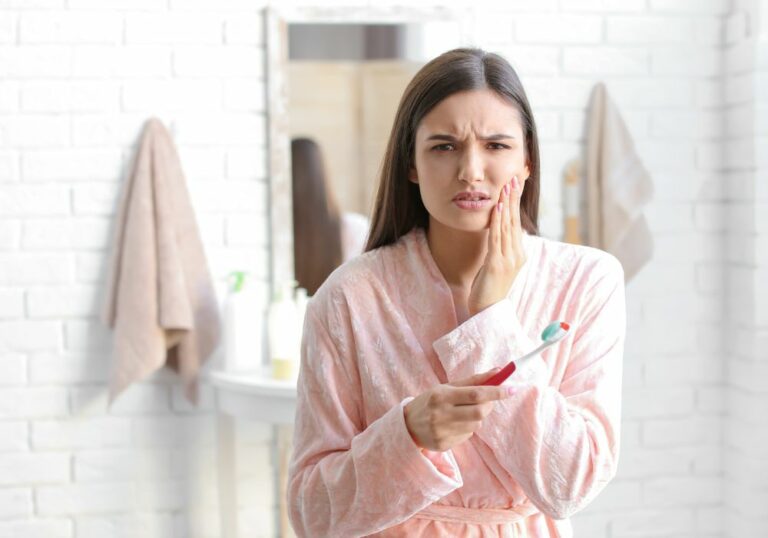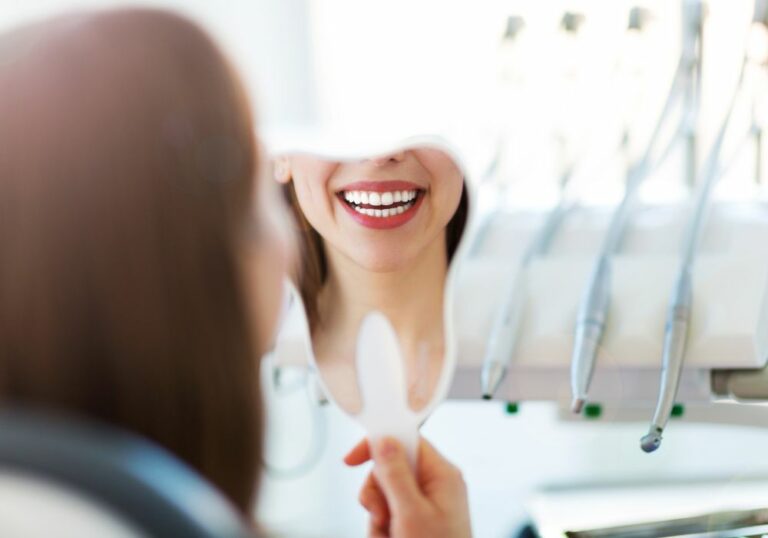You may have heard about using charcoal to whiten your teeth but does it work? How does charcoal whiten teeth and should you be using it on your teeth? While we all want a whiter and brighter smile, is charcoal the right way to go about it?
In this article, we explore activated charcoal as a tool to whiten your teeth at home. We answer questions ranging from how charcoal works and how to use it to if you really should be using it on your teeth. So continue reading to find out if charcoal can really give you a whiter smile.
What is Activated Charcoal?
Activated charcoal is a fine black powder and it is made from materials containing carbon, for example, wood, which is heated at very high temperatures. The heat creates charcoal, which is oxidized. This process is called activation and charcoal produced in this way has many health benefits.
On the surface of activated charcoal are many small holes, which increase its surface area and make it more porous, like a sponge. Because the charcoal produced in this way is so porous, it can soak up many chemicals and be used in various filtration products, such as water filters.
Activated Charcoal is an Ancient Medical Ingredient
While many people may think that using activated charcoal is a new invention, it has actually been used for thousands of years. Activated charcoal was already used almost 6,000 years ago.
The earliest records of activated charcoal being used for medicinal purposes date back to 3750 BC when the ancient Egyptians were using it to treat intestinal ailments. Today, medicinal facilities use activated charcoal, for example, to purify water and to make hospital equipment.
It has also been used for some time now in drug overdose cases and in emergency rooms. From medicinal use, it has moved into products we use every day from shampoos and face masks to toothpaste.
How Does Charcoal Work on Your Teeth?
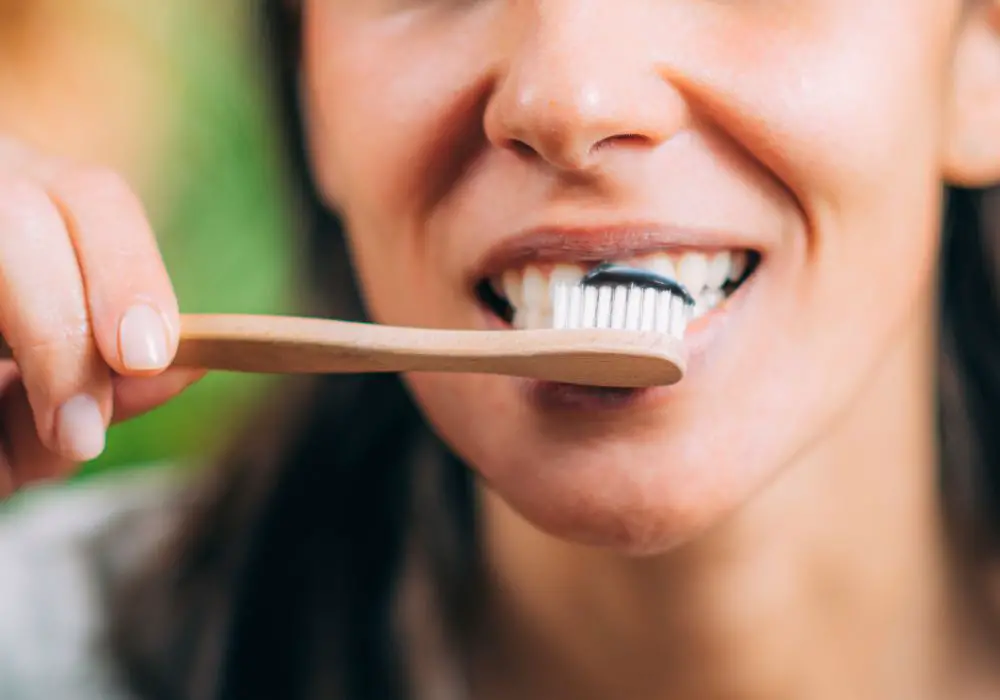
The numerous holes on the surface of activated charcoal give it an adhesive quality. It can bind everything to itself, including plaque, stains, and bacteria. It works by drawing the toxins and chemicals out and absorbing them in its tiny pores.
Will Charcoal Whiten Your Teeth?
Using activated charcoal can be an effective way to clean and whiten teeth at home. There are different ways to use charcoal at home. You can use charcoal powder, charcoal toothpaste, or charcoal mouthwash.
Should You Use Charcoal to Whiten Your Teeth?
While some dentists say using charcoal to whiten your teeth is good and effective, others warn against it due to the potential it has to cause damage. Charcoal used to whiten teeth has a very grainy and gritty feel and it could damage your teeth and gums.
Many dental professionals say that there simply is not enough information on using charcoal to whiten teeth yet. It is recommended that before you use charcoal products for teeth at home, you speak to your dentist first.
Ask your dentist about traditional whitening toothpaste options for surface stains. Alternatively, if you have deeper stains or severe discoloration, you might like to consider specific, professional whitening treatments that are more effective than any home treatment, including charcoal.
Risks Linked to the Use of Charcoal on Teeth
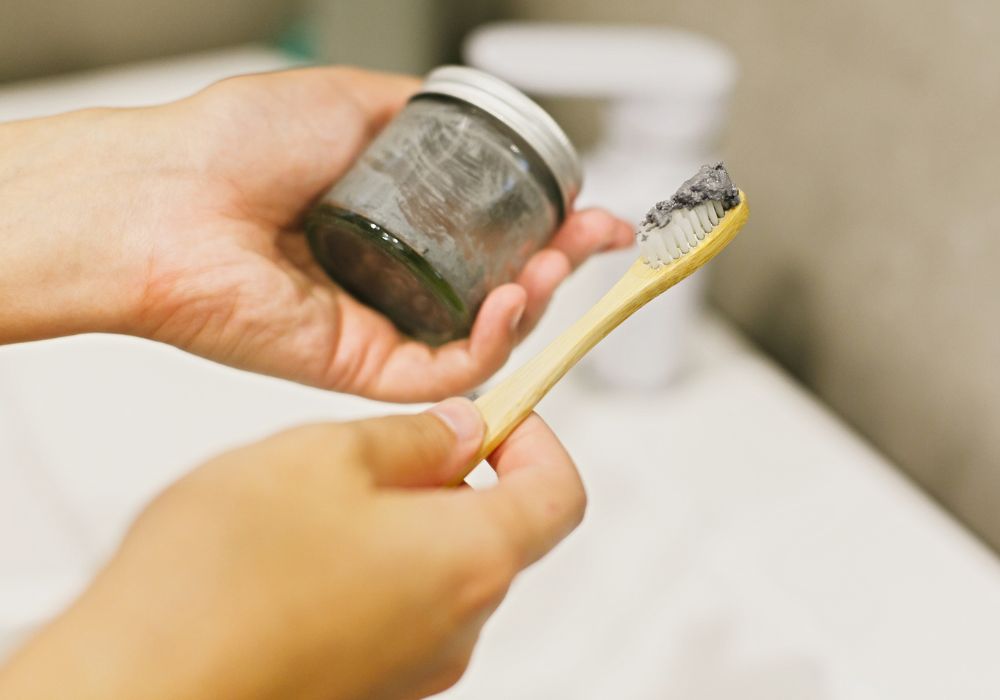
Before you use charcoal to whiten your teeth, you need to consider the potential risks. Many dental experts have urged consumers to be cautious about using charcoal teeth whitening products.
It Can Thin Tooth Enamel
While enamel will get thinner as we age, charcoal whitening products may wear it out faster. You might even notice, with continued use that after looking whiter initially, your teeth turn more yellow. This is because the enamel is wearing down and exposing more of the dentin layer. This can also increase your tooth sensitivity.
Teeth Surface Becomes Rougher
When you use charcoal powder on your teeth on its own, it can increase the surface roughness of your teeth, including the enamel surface. This rougher surface makes it easier for bacteria to stick to your teeth, which can increase the risk of gum disease and cavities.
It Can Interfere With Medications
While we do not intend to ingest activated charcoal, we can sometimes swallow some by accident when brushing our teeth. If this happens on a regular basis, the charcoal can interfere with any medication you might be on because it will absorb the medicine. In some people, it can cause constipation and, albeit rarely, block the intestinal tract.
Not Suitable for Children
If you have charcoal toothpaste at home, note that it cannot be used on children’s teeth. It is far too abrasive for their still-developing teeth. You also need to store it away from the reach of children.
How to Use Charcoal to Whiten Teeth
If you have decided to try charcoal on your teeth, you can buy it as ready-made activated charcoal toothpaste or mouthwash, or you can make your own paste. To make the paste, you need to buy activated charcoal powder from a chemist or a health food store and follow the instructions to make the paste.
Whether you are using a homemade paste, ready-made toothpaste, or mouthwash, follow the instructions on how long you need to brush your teeth or rinse your mouth with the product. When finished, rinse your mouth several times to avoid swallowing any charcoal.
What Causes Stains and Discoloration on Teeth?
Most people get stains and some discoloration on their teeth over time from eating and drinking. However, there are factors that will cause teeth to stain and become discolored faster. These include:
- Certain foods and drinks such as red pasta sauces, tea, coffee, and red wine.
- Chewing or smoking tobacco.
- Poor oral hygiene routines, such as lack of brushing or flossing and not visiting a dentist regularly, will lead to food stains building up over time.
- Some diseases can cause the enamel on your teeth to wear out faster. Treatments for some illnesses, such as chemotherapy for cancer, can also cause discoloration.
- Certain medications can also cause discoloration, including some antihistamines. In children, antibiotics can discolor teeth.
- Injuries to the mouth, for example, being hit in the mouth during sports can lead to your teeth becoming discolored.
- As we age, our teeth change color. This is caused by the outer enamel wearing away, which exposes the yellow dentin below.
- Using too much fluoride when teeth are still forming in childhood can lead to white spots on the teeth or fluorosis.
Other Teeth Whitening Methods
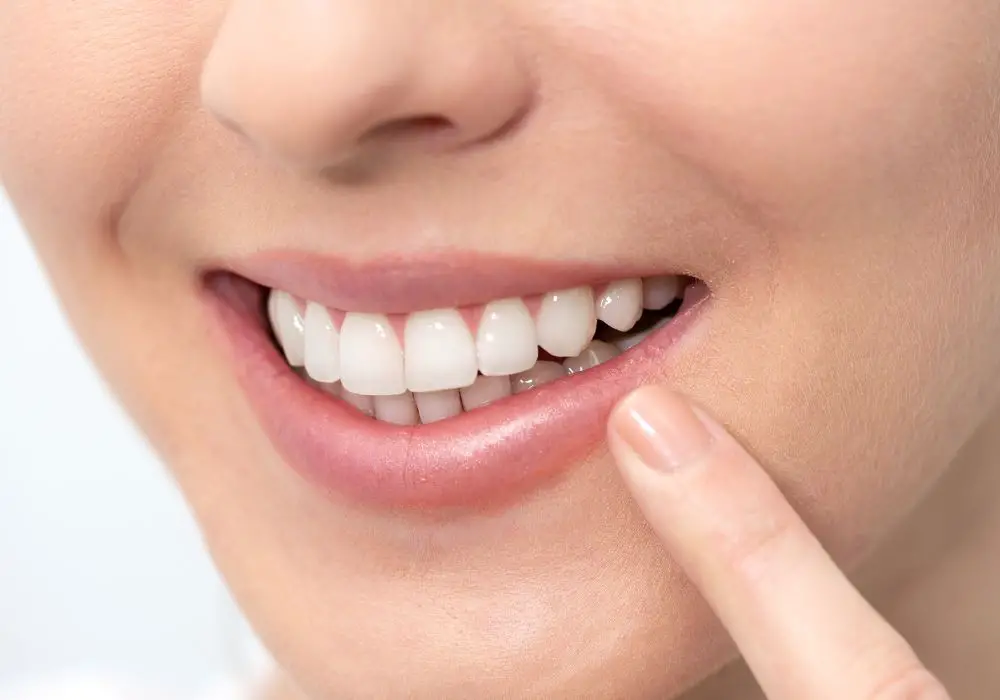
If you are not sure about using charcoal, there are some methods that may help you keep whiter teeth naturally.
Strawberries
Strawberries contain malic acid which cleans and whitens teeth naturally. The riper the strawberry, the more concentrated the malic acid becomes. You can use strawberries to whiten your teeth by choosing a really ripe one and rubbing it on your teeth to clean the surfaces.
Coconut Oil
You can use coconut oil for oil pulling. The oil has antimicrobial and anti-inflammatory effects and removes debris and bacteria. Take a spoonful of coconut oil and swish it in your mouth and between the teeth for two or three minutes before spitting it out.
Baking soda
Baking soda is included in many toothpastes but you can also make your own paste to clean and whiten your tea. Mix baking soda with warm water and apply the paste with a toothbrush directly to your teeth and brush as you would with regular toothpaste.
Lemon
Citrus fruits have cleaning properties and can help you to keep your teeth white. Some people use lemon juice mixed with baking soda to make a tooth-whitening paste. However, lemon juice is extremely acidic and may lead to enamel erosion.
Cheese
Probably not something that you would expect to see on a list of natural tooth-whitening items. However, cheese is a natural cleanser and can help keep your teeth clean. It will also strengthen structure and enamel because it is a calcium-rich food. Hard cheeses like cheddar are better than soft and blue cheeses when it comes to cleaning teeth.
Apples
Apple a day may help keep your teeth whiter. Like strawberries, apples contain malic acid. This combined with the apples’ fiber-rich, rough flesh can help cleanse and brighten your teeth. So biting into an apple will help remove debris from your teeth.
Conclusion
Charcoal has been gaining popularity as a teeth-whitening tool in recent years. While many manufacturers are praising the ability of activated charcoal to whiten teeth, many members of the American Dental Association are urging caution since there is still not much that is known about the effect of charcoal on teeth if used over a long time.
Anyone considering using activated charcoal products to whiten their teeth needs to be aware of the potential risks. Before using charcoal products to whiten teeth, consider talking to your dentist about all the different options available to whiten teeth.

